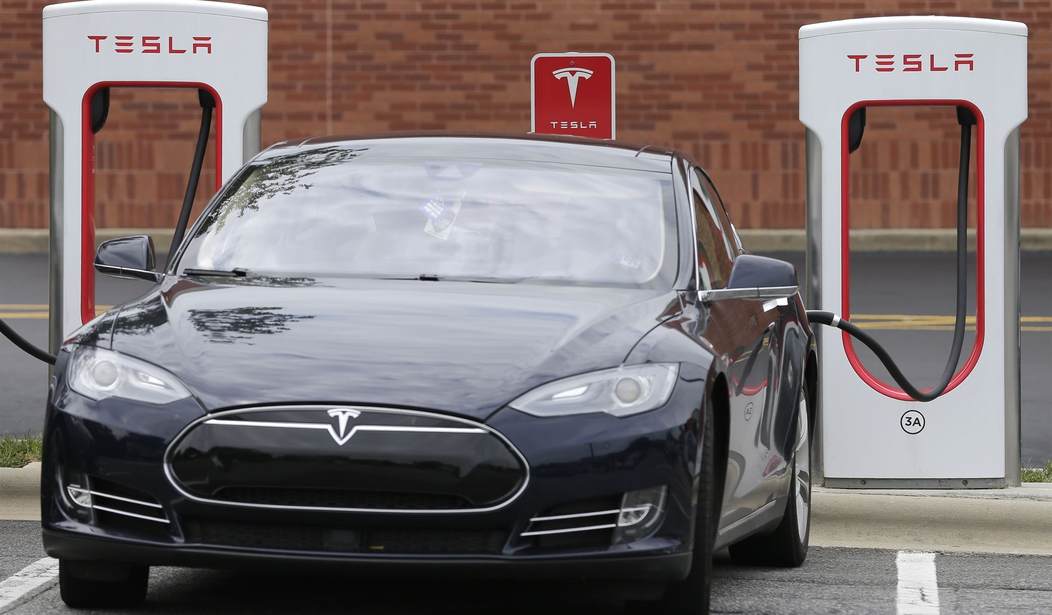In the United States, we are reminded on a regular, often daily basis of the crucial need to give up our gas-guzzling vehicles and get an electric car or truck so we can save the planet or whatever. We hear it from everyone from the President to most of the cable news outlets. The day is coming sooner than you think! You need to be ready! We receive ominous warnings of bans on the sale of gas vehicles and penalties for those who fail to comply. So how is that working out so far? Are people rushing out to get their EV and their personal charging station? According to the latest polling from The Associated Press and NORC Center for Public Affairs Research, not so much. Only a little more than 15 percent of American households have either an electric or hybrid vehicle. And when it comes time to buy their next car, not many expect it to be an EV.
Many Americans aren’t yet sold on going electric for their next cars, a new poll shows, with high prices and too few charging stations the main deterrents. About 4 in 10 U.S. adults are at least somewhat likely to switch, but the history-making shift from the country’s century-plus love affair with gas-driven vehicles still has a ways to travel.
The poll by The Associated Press-NORC Center for Public Affairs Research and the Energy Policy Institute at the University of Chicago shows that the Biden administration’s plans to dramatically raise U.S. EV sales could run into resistance from consumers. Only 8% of U.S. adults say they or someone in their household owns or leases an electric vehicle, and just 8% say their household has a plug-in hybrid vehicle.
The AP seems to try to put a bit of spin on the results by saying that “about 4 in 10 adults are at least somewhat likely” to switch to an electric vehicle. But in reality, just 19% said they are “very” or “extremely” likely to purchase an EV when they next go car shopping. (And that apparently includes people who are already EV drivers.) Another 22% basically said that they might think about it, while just short of half are taking a pass.
The two most common reasons given for not wanting to switch are probably the ones you would expect if you’ve been following this topic. The most common reason was the price. Electric vehicles remain far more expensive than their gas-powered equivalents, and Teslas (seemingly the gold standard) remain beyond the reach of most.
The second most common reason was concern over being able to find charging stations. This isn’t as much of a problem for people who live in larger cities and rarely drive out into more rural areas. But for everyone else, it remains something of a crap shoot. Concerns about “refueling” (recharging) time and managing trips around finding charging stations were two of the common complaints among respondents.
Joe Biden continues to say that he wants half of all new vehicles sold to be “zero emission” by 2030. That’s less than seven years away. Does it really look like we’re going to have the infrastructure for that in place by then while we deal with the other cascading series of crises plaguing the nation?
And what if fewer than half of car shoppers want an electric vehicle in 2030? What if only 40% want one? Does this work out to be some sort of “first come, first served” system? Let’s say the lucky 40% rush out early in the year and buy a gas-powered car. Will the next ten percent be told to simply start taking public transportation or the Battery Police will be paying them a visit? I can see some serious issues on the horizon. Meanwhile, you can find me lining up at the ethanol-free gas pump. And as far as the Battery Police go… come and get it.








Join the conversation as a VIP Member